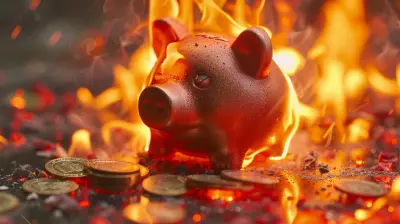What Happens When You Die Without a Will
9 June 2025
Have you ever thought about what would happen to all your stuff—your home, your savings, your prized collection of vintage comic books—if you die without a will? It’s not the most cheerful subject, I know. But hey, death is one of those things nobody gets to skip. So, it’s worth understanding what truly happens when you pass away and don't leave clear instructions behind.
Let’s unpack this mystery. Spoiler alert: it’s more complicated—and messier—than you might think.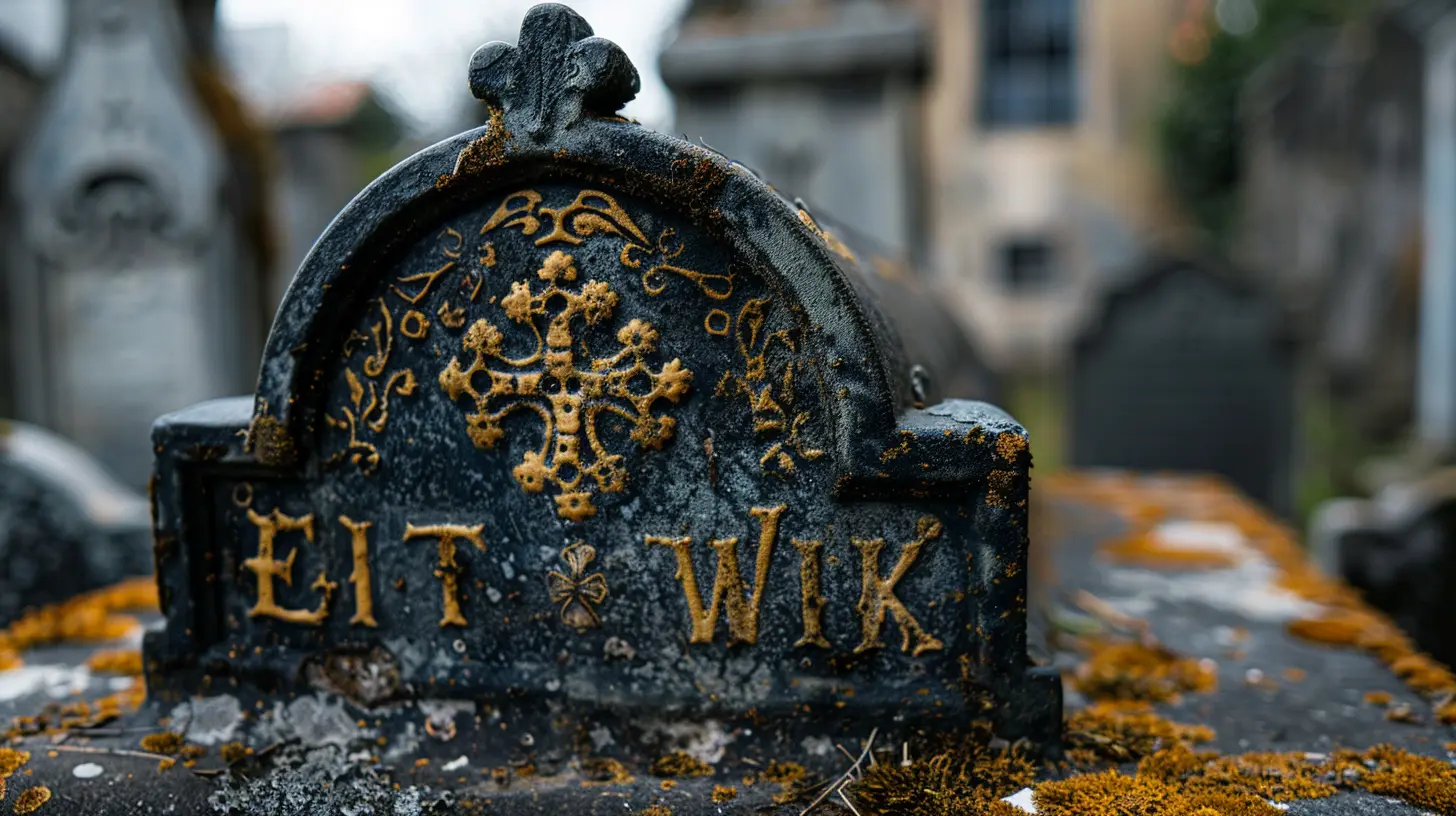
First Things First: What’s a Will, Really?
A will, in the simplest terms, is a legal document where you spell out exactly how you want your assets handled after you're gone. You name who gets what, who’s in charge of making things happen (your executor), and sometimes even who you'd like to look after your kids.Without a will, you're basically tossing the ball into the court of the state... and they don’t always play fair.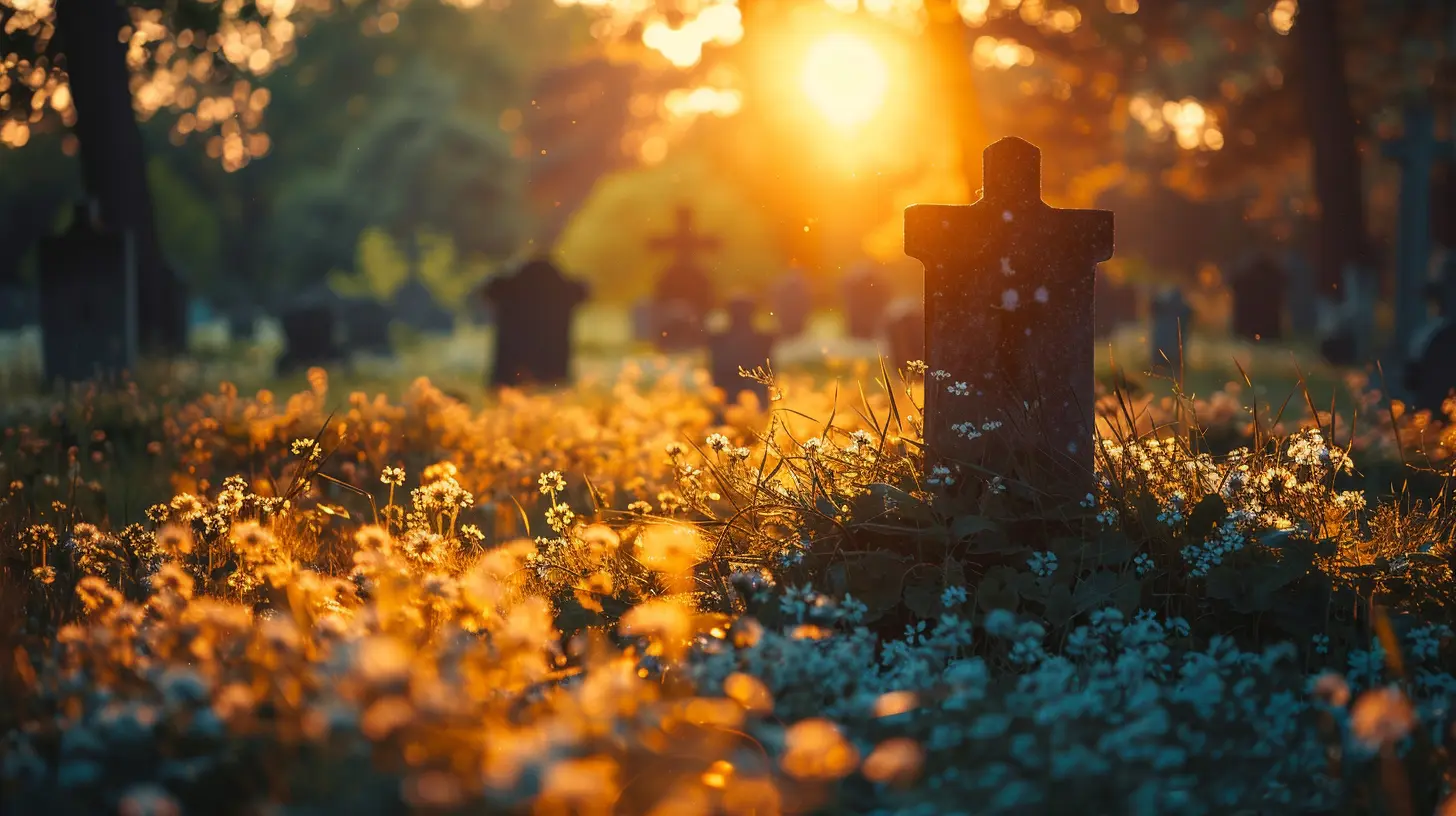
Dying "Intestate": A Fancy Term for No Will
When someone dies without a will, it’s called dying "intestate." Sounds official, right? But what it really means is that the government steps in to sort out your estate based on their rules—not yours. Each state has its own laws about who gets what, and trust me, they’re not known for being flexible or heartwarming.Your assets don’t just vanish, but they might not go where you wanted them to.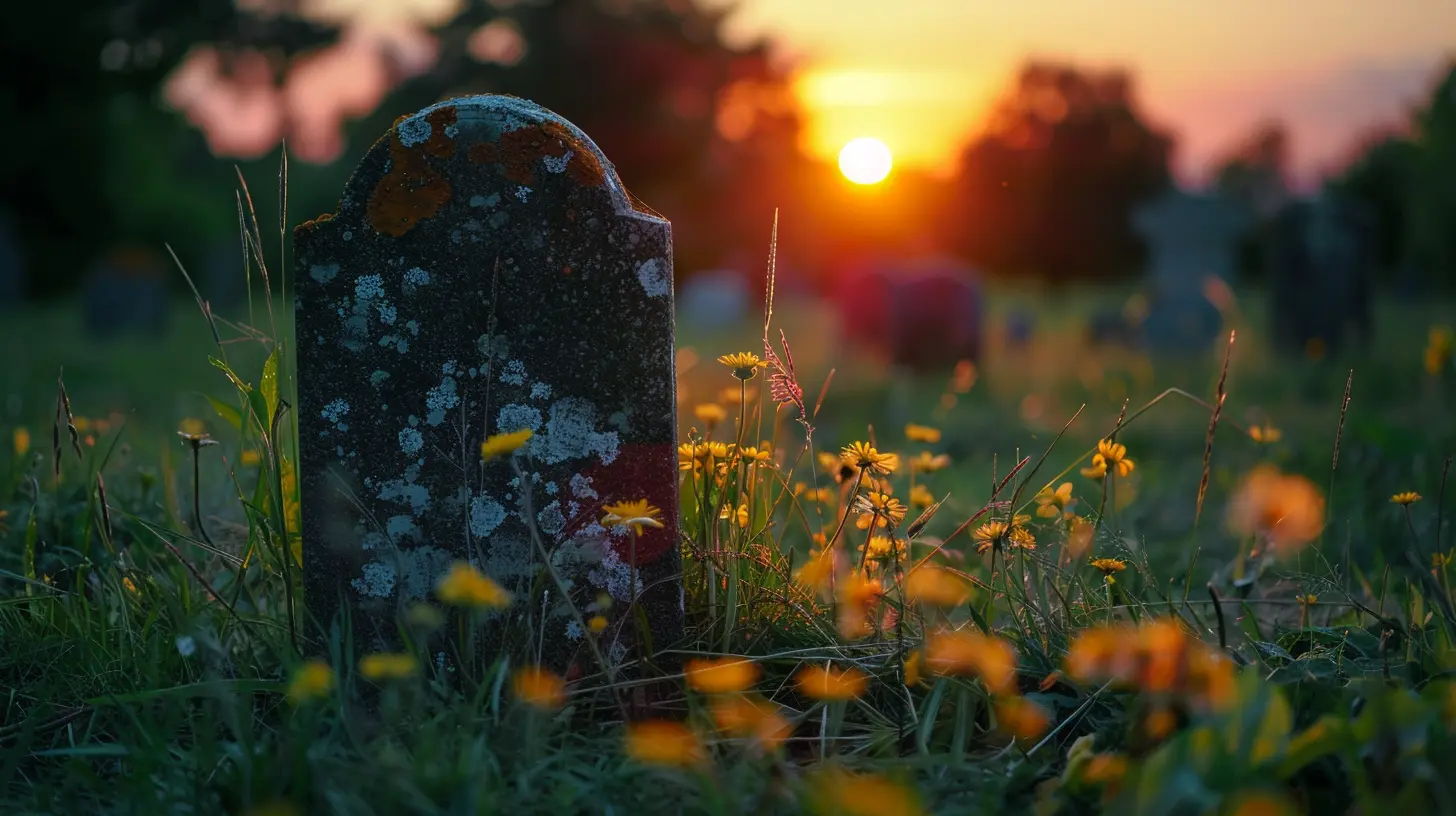
Who Calls the Shots Without a Will?
Good question. Normally, you’d pick an executor in your will. That’s the person who makes sure your wishes are followed and your debts are paid. But if there's no will? The court steps in and appoints someone—usually a close relative—to be the personal representative or administrator.Here’s the thing: this person may not be who you would’ve chosen. Maybe it’s the cousin who always "forgets" to return your tools or a sibling you haven’t spoken to in years. But with no will, it's out of your hands.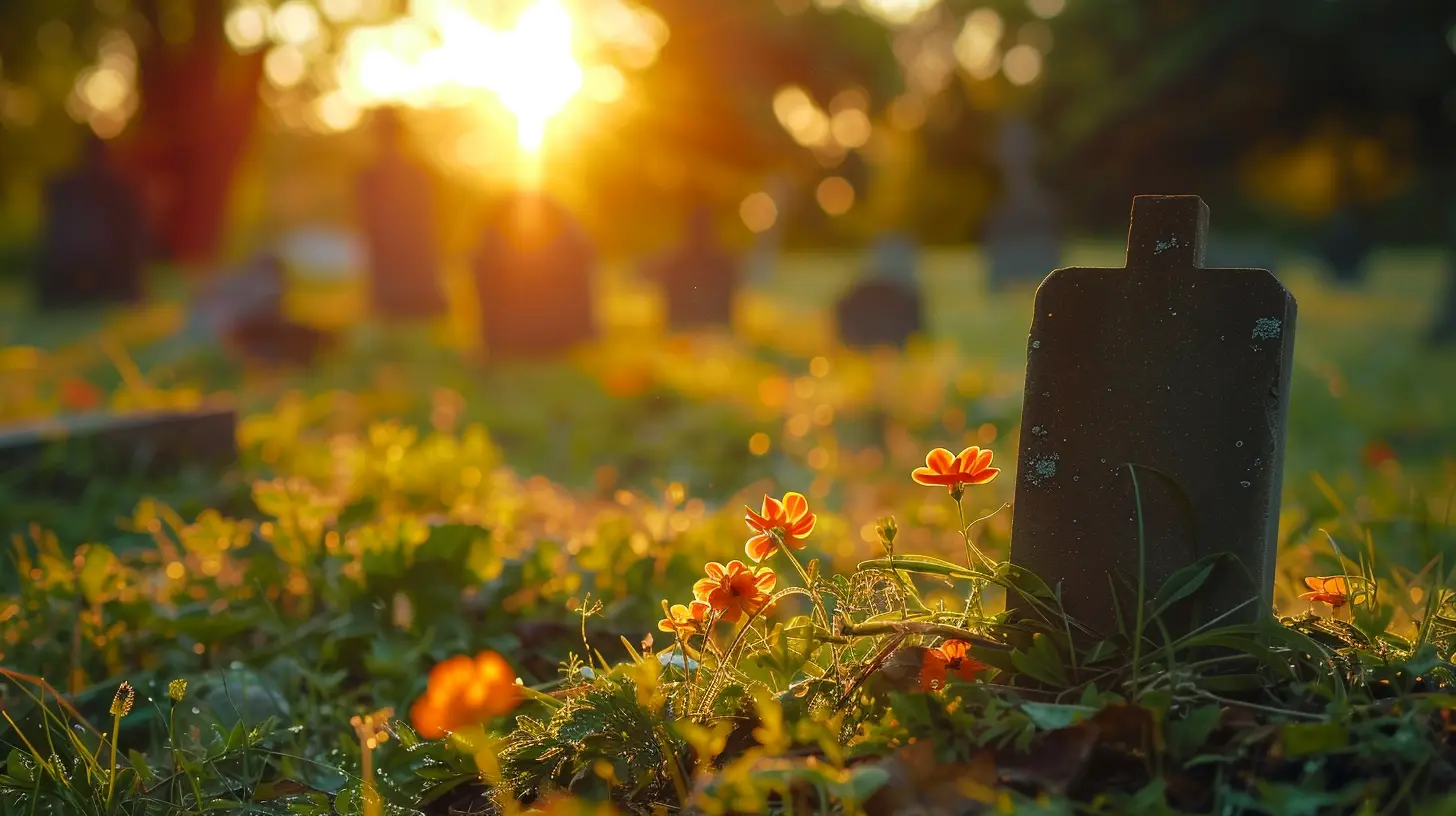
The Order of Who Inherits—It’s Not Random
Every state has a set hierarchy for who inherits if there's no will. It's sort of like a family tree, but with dollar signs instead of names.Here’s how it usually breaks down:
1. If You're Married
Your spouse is typically first in line. But it gets dicey if you have kids from a previous relationship. In some states, your current spouse might have to split your assets with your children—even if those kids aren't theirs. Awkward, right?2. If You Have Kids (and No Spouse)
Your children generally inherit everything. But if they’re minors, hold your horses! They can't actually access the inheritance until they’re legal adults. In the meantime, the court gets involved again and appoints a guardian to manage their inheritance.3. If You’re Single with No Kids
Next up are your parents. If they’ve already passed, then your siblings step up. From there, it moves out to nieces, nephews, grandparents, and even more distant relatives.4. If You Have Absolutely No Living Relatives
This is where it gets wild. If the state can’t find any living relatives, your assets go to the government. Yep, the state gets everything. It's called "escheat," and it’s as harsh as it sounds.What Happens to Your Kids?
This is a biggie. If you're a parent and you don’t have a will that names a guardian for your minor children, the court decides who raises them. Let that sink in. A judge who’s never met your kids is tasked with choosing where they live, grow up, and who tucks them in at night.Maybe you would've picked your best friend or trusted your sister more than your brother. But without a will, your opinion doesn’t get a vote.
The Emotional and Financial Toll on Family
Okay, so beyond the legal stuff, there’s an emotional side that doesn’t always get talked about. Families often end up fighting—sometimes bitterly—over money, property, and what they think the deceased would’ve wanted.Grief plus uncertainty is a recipe for conflict. Without a will, there are no clear instructions. That leaves the door wide open for arguments, delays, and even lawsuits. The legal process (called probate) can drag on for months, even years.
And here's another kicker: probate isn’t free. It costs money, often thousands in attorney and court fees, and those costs shrink your estate before your loved ones see a dime.
What About Debts?
Yep, debts still matter after you die. Creditors can file claims against your estate during probate. Without a will, nobody has prioritized payments. And in worst-case scenarios, your assets might have to be sold off just to settle outstanding bills.Imagine your family having to sell your home just so your credit card debt gets paid. That’s the kind of stress you could spare them—if there were a will in place.
Common Misconceptions About Dying Without a Will
Let’s bust a few myths while we’re at it:❌ "I’m not wealthy, so I don’t need a will."
Wrong. A will isn’t just for the rich. Even if you’ve just got sentimental items or modest savings, a will ensures your things go to the right people.❌ "My family knows what I want."
Maybe. But when legal trouble hits, what people "think" you wanted doesn’t hold up in court.❌ "I’ll write one someday."
Famous last words. Life is unpredictable. It’s better to have a basic will now than wait for the perfect one later.Why Do So Many People Skip Writing a Will?
Honestly? It’s uncomfortable. Nobody wants to think about their own death. Plus, it feels complicated, like you need a law degree just to get started. But writing a will can be simple, especially with online tools or legal services.And the peace of mind it brings? Priceless.
Ways to Prevent Intestacy
Here’s the good news: it’s not hard to protect yourself and your family. You’ve got options:✅ Write a Basic Will
Even a simple will that names your beneficiaries and an executor is miles better than nothing.✅ Create a Living Trust
This avoids probate altogether and lets you control how your assets are distributed over time. It’s like setting your estate on autopilot.✅ Name Beneficiaries on Your Accounts
For things like life insurance, retirement accounts, or pay-on-death bank accounts, you can name beneficiaries directly—and these work outside of a will.✅ Talk to a Lawyer
Especially if you have a big or complex estate, blended family, or own a business. It’s money well spent.Final Thoughts: The Will is Your Voice After You're Gone
A will isn’t just paperwork—it’s your voice when you're no longer around to speak. It tells your family, friends, and the court exactly what you want. Without it, you're handing that voice over to the government. And let’s face it—they’re not the best listeners.So, consider this your sign: don’t leave your legacy up to chance. Write that will. You don’t need to be rich, old, or even "ready." Just start.
Because what happens when you die without a will? Chaos. Confusion. Courtrooms. And your final wishes going unheard.
Give your loved ones peace of mind. Leave a breadcrumb trail they can follow—and maybe, just maybe, save them from a whole lot of heartache.
all images in this post were generated using AI tools
Category:
Estate PlanningAuthor:

Audrey Bellamy
Discussion
rate this article
2 comments
Lucas Carr
Imagine your belongings throwing a surprise party without your invite! Dying without a will can lead to unexpected guests in your estate planning—let’s keep those surprises fun, not chaotic!
June 14, 2025 at 3:48 AM

Audrey Bellamy
Great analogy! Dying without a will can indeed lead to unexpected complications. Planning ahead ensures your wishes are honored and keeps the process smooth for your loved ones.
Aurelia McMahon
Dying intestate complicates asset distribution and burdens loved ones.
June 9, 2025 at 4:08 AM

Audrey Bellamy
Absolutely, dying intestate can lead to confusion and disputes, making the process difficult for your loved ones during an already challenging time.


